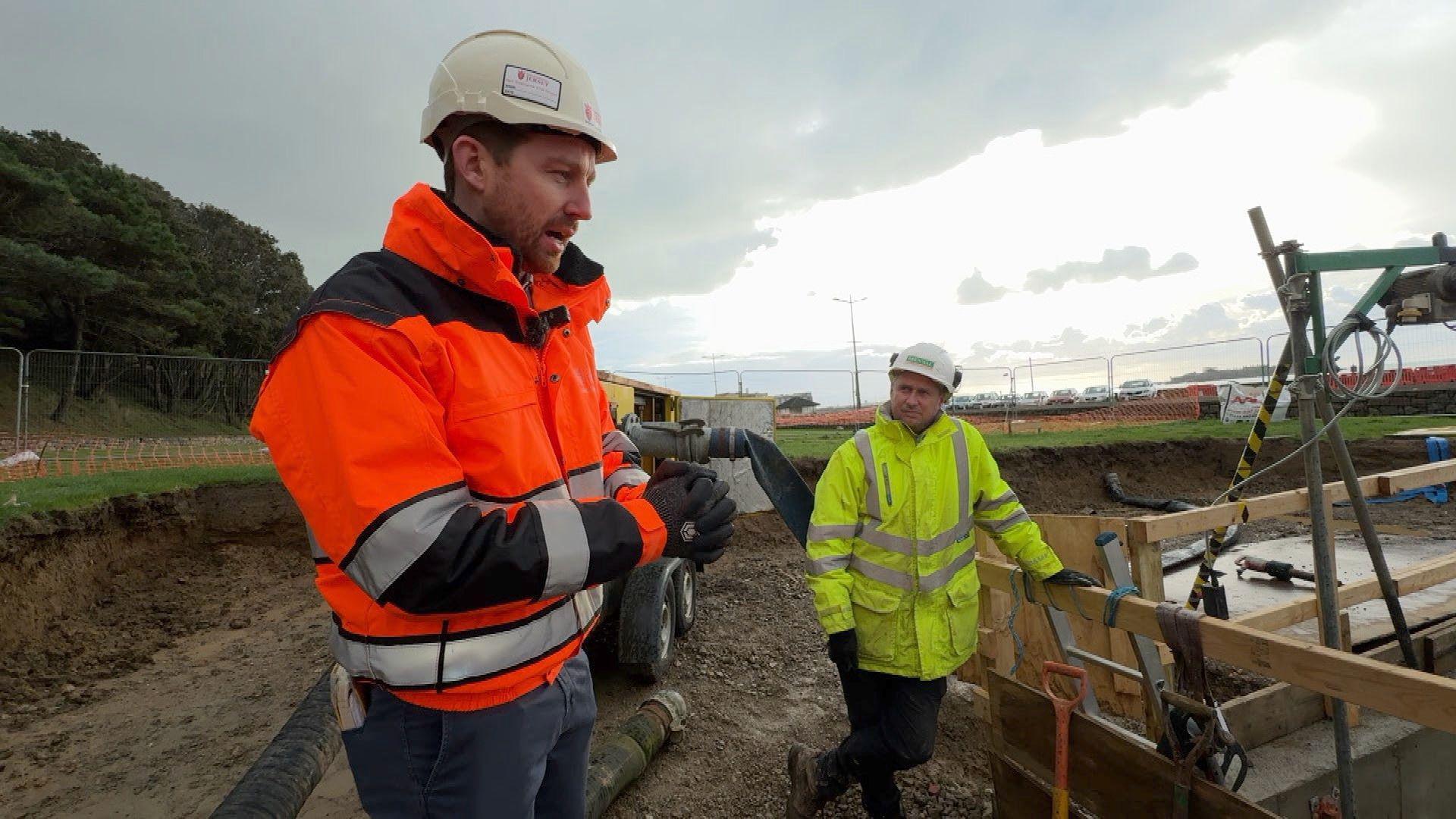Concern wastewater tax could hit hygiene habits
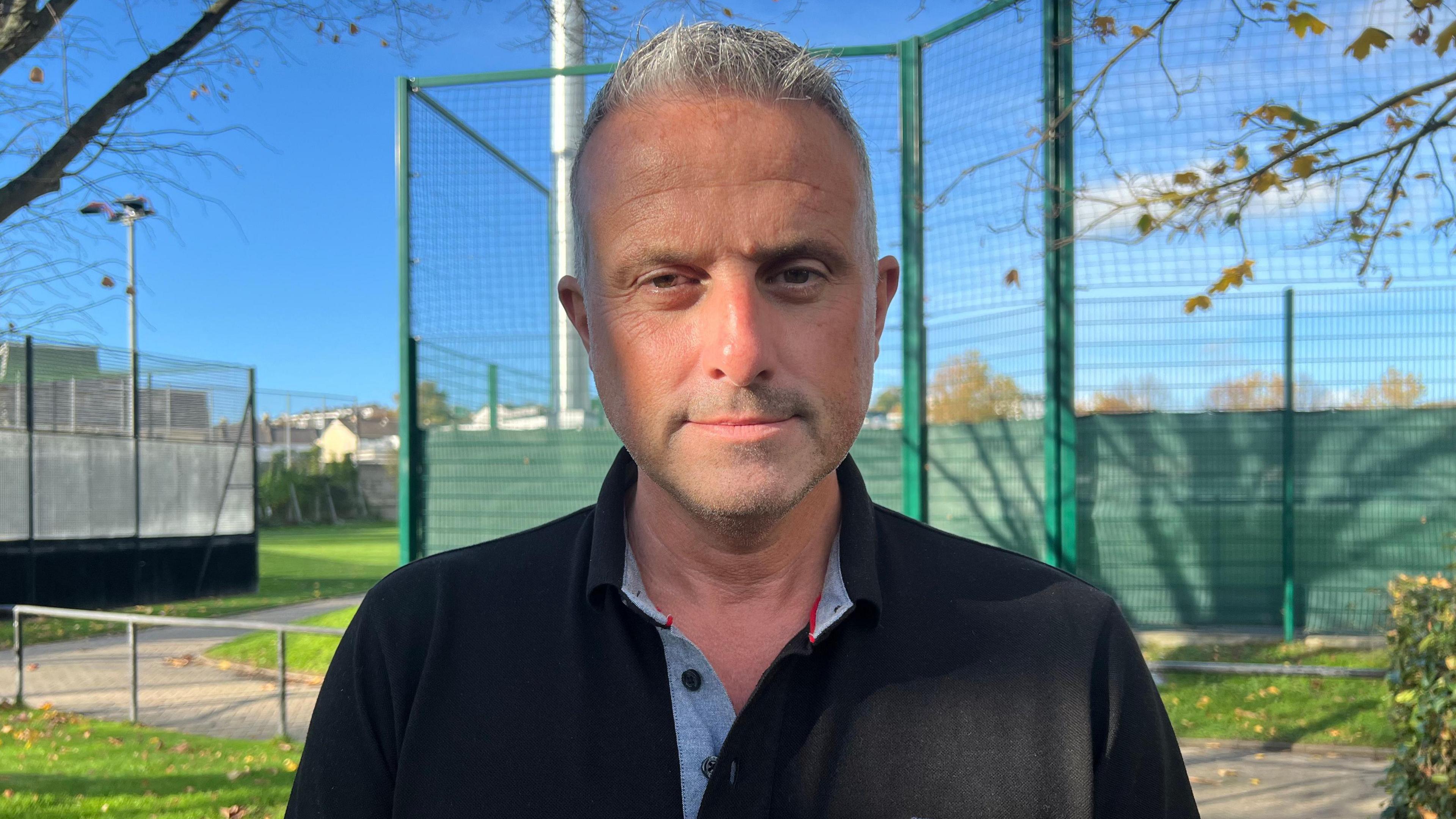
Jersey Consumer Council chairman Carl Walker raised concerns about the potential impact of the charge on vulnerable people
- Published
A new charge for liquid waste could force people to not flush the toilet or shower as often, a watchdog has warned.
Jersey Infrastructure Minister Constable Andy Jehan said the proposed tax would raise £10m for improvements to the drainage network.
According to the proposed budget, external the charge is due to be introduced in 2028, but further details - including how much it will be or the means people would pay - would be revealed in future budgets.
The Jersey Consumer Council warned any charge could "disincentivise people from keeping good clean habits" and it called for more information about what was being proposed.
The new sewage treatment facility at Bellozanne opened in 2023, but the wider network needs upgrades.
To pay for it, the government had previously said "user pays" liquid waste charges could come into effect as early as 2026.
Jehan said the old infrastructure, which includes Victorian-era sewers, was "fantastic" but it could not be expected to last forever.
"We've got to make sure that we invest in our liquid waste and that we separate surface water where we can to prevent flooding in some areas of the island," he said.
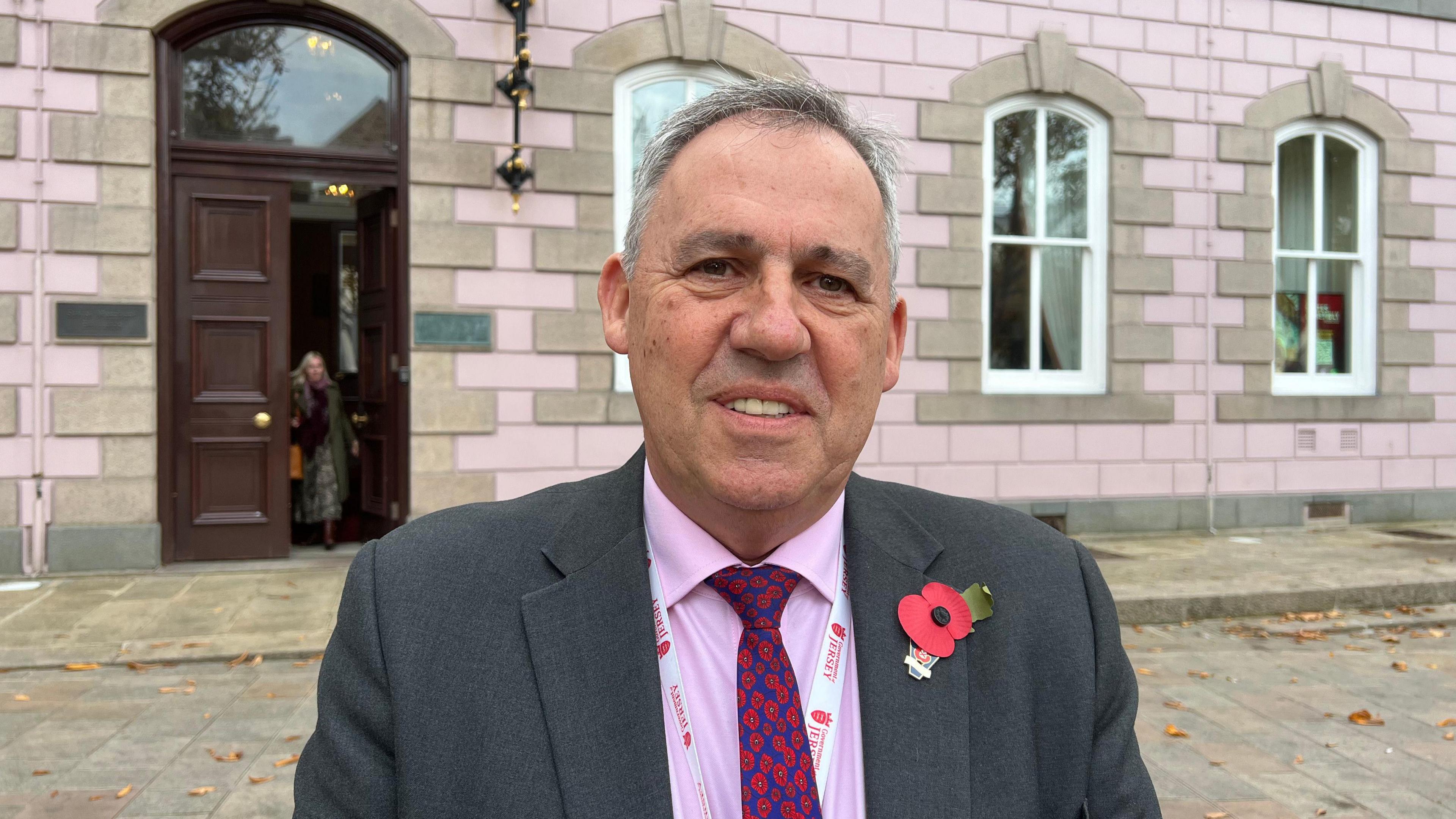
Constable Andy Jehan said it was necessary to invest in the island's network of drains
Jersey Consumer Council chairman Carl Walker said price rises "always impact the most vulnerable people the hardest".
"You don't want to disincentivise people from keeping good clean habits in respect of cleaning themselves and flushing their toilets," he said.
"We already know that elderly people and those that are struggling financially would rather go cold and risk their own health than turning the heating on.
"Could we see a similar knock-on effect in terms of water usage?"
Jehan said the scheme was about "ensuring that we can have all islanders having the same access to a modern drains network".
"In 2025 I don't think that's too much to ask," he said.
Passers-by the BBC spoke to in St Helier expressed mixed views about having to pay the charge.
Travis Cracknell said: "I guess if it's essential, but it's still frustrating to have to pay for another thing, because it's a list of things you have to constantly pay for all the time."
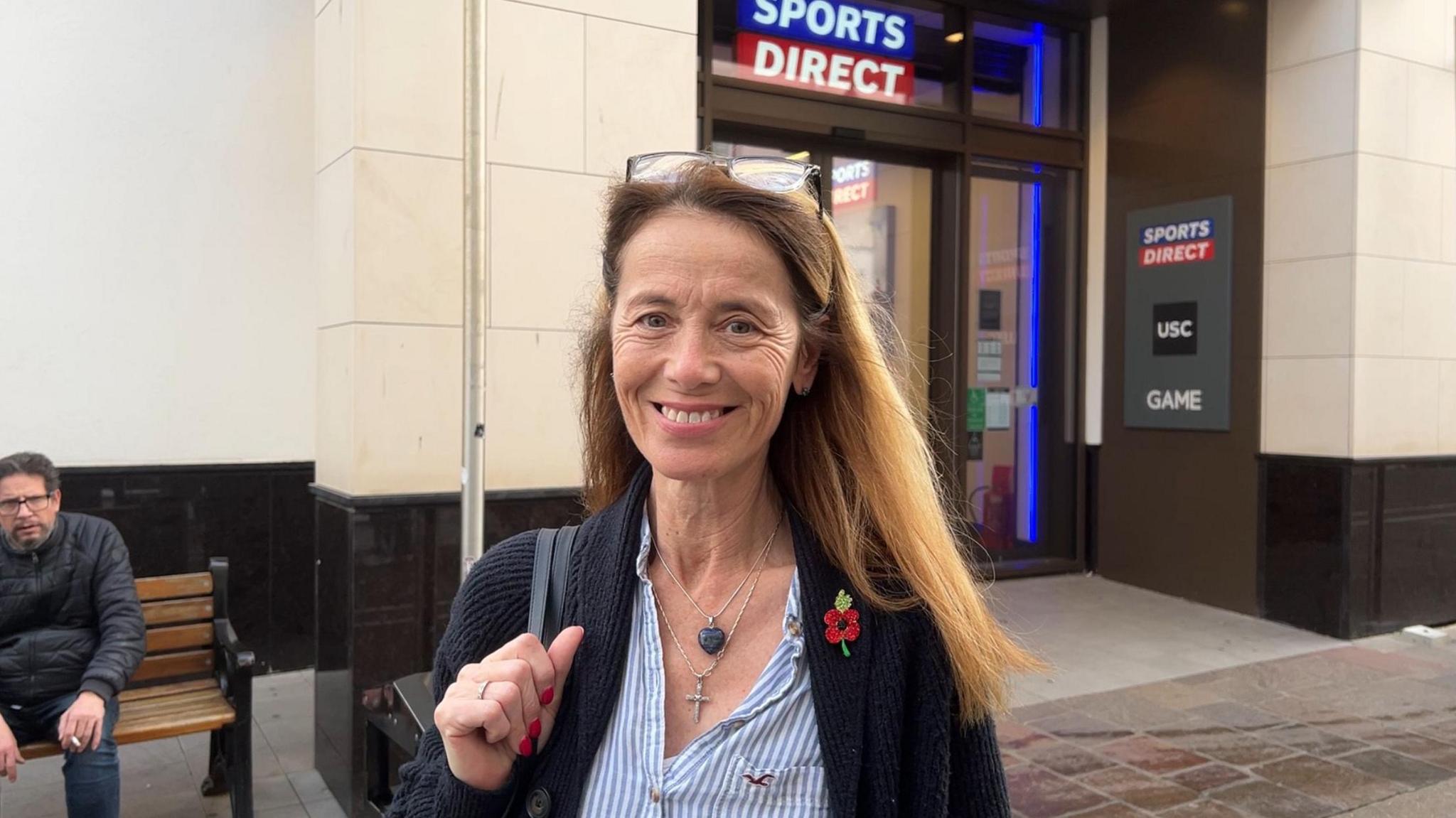
Gayla Bridge hoped that money raised through any proposed charge would be "well-spent".
Gayla Bridge said she had "no issue with paying taxes for infrastructure of any kind".
"As long as it's well spent money," she said.
"What I don't like to see, the same as anybody else, is money for these purposes potentially being wasted."
Samuel Muhwati said the government should be able to afford upgrades from other revenue.
He said: "Does the government not have enough money from other taxes that we pay?"
David Chambers said: "I don't see why we should have it free.
"The system needs maintaining, and the process is quite complicated to do it."
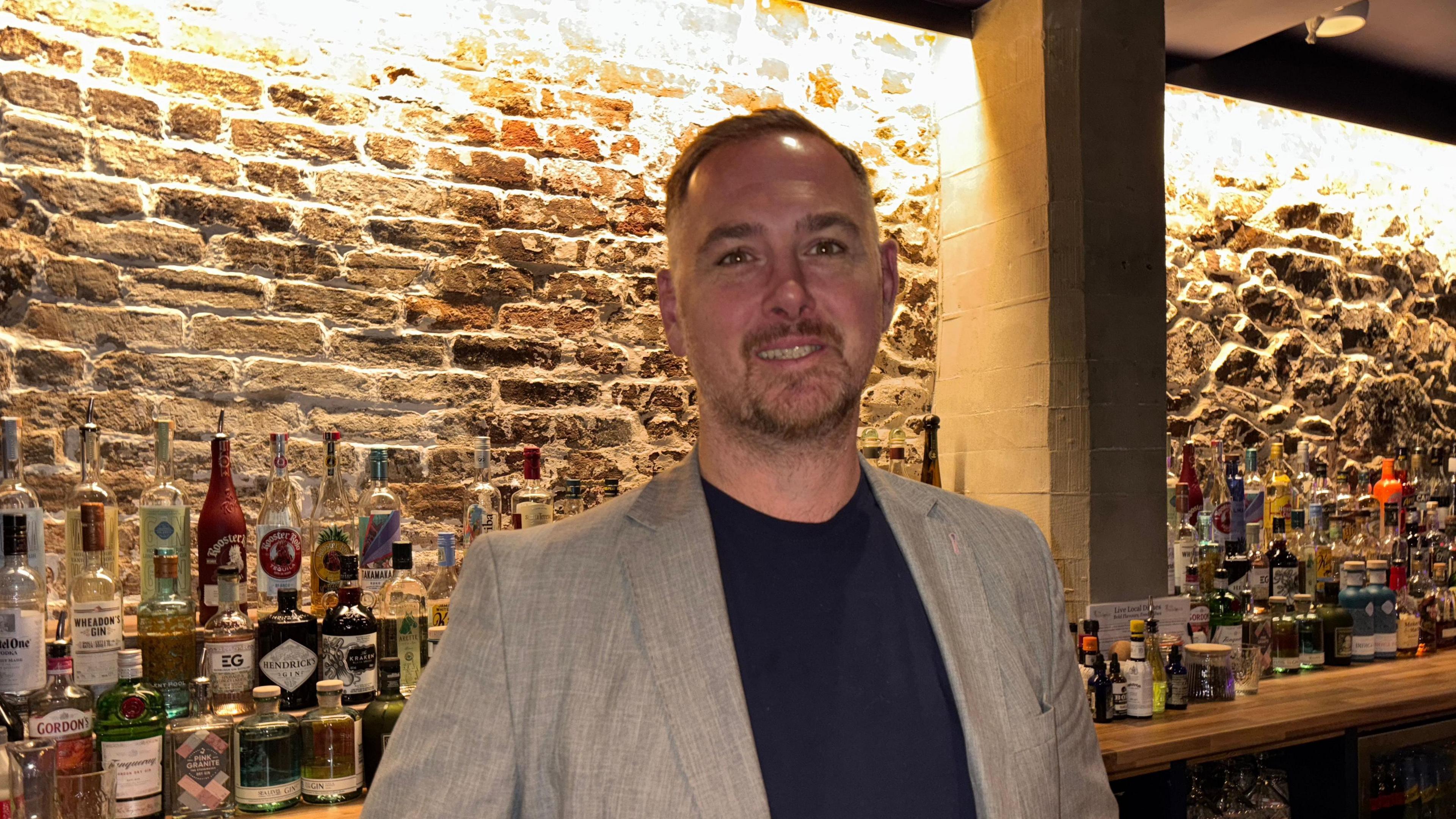
Business owner Simon Soar warned the impact of the proposed charge could be "catastrophic"
There were also concerns about how the charge could affect hospitality businesses, such as hotels and bars, which generate lots of wastewater.
Simon Soar, director of music venue The Sundown on Wharf Street, said: "They need to get the infrastructure paid for, I completely understand that.
"What we're seeing here is something that, while it sounds easy to apportion, the detrimental effect on the island could be catastrophic."
Mr Soar said he would put his concerns to groups such as the Jersey Hospitality Association and the Chamber of Commerce.
"We're already finding it extremely expensive; people aren't going out as often as they used to and it's just yet another charge that we will invariably have to pass on to our guests," he said.
Follow BBC Jersey on X, external and Facebook, external. Send your story ideas to channel.islands@bbc.co.uk, external.
Related topics
- Published3 May 2023
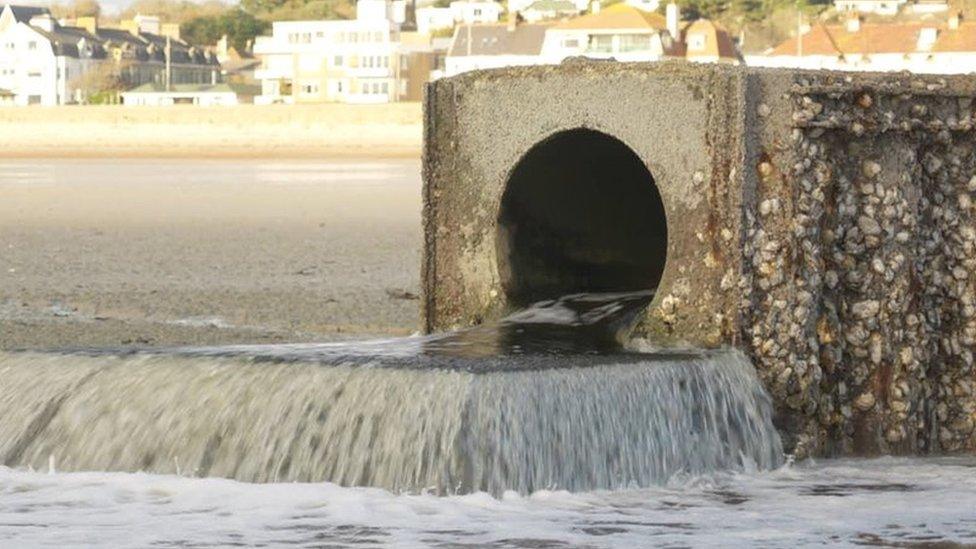
- Published30 May 2023
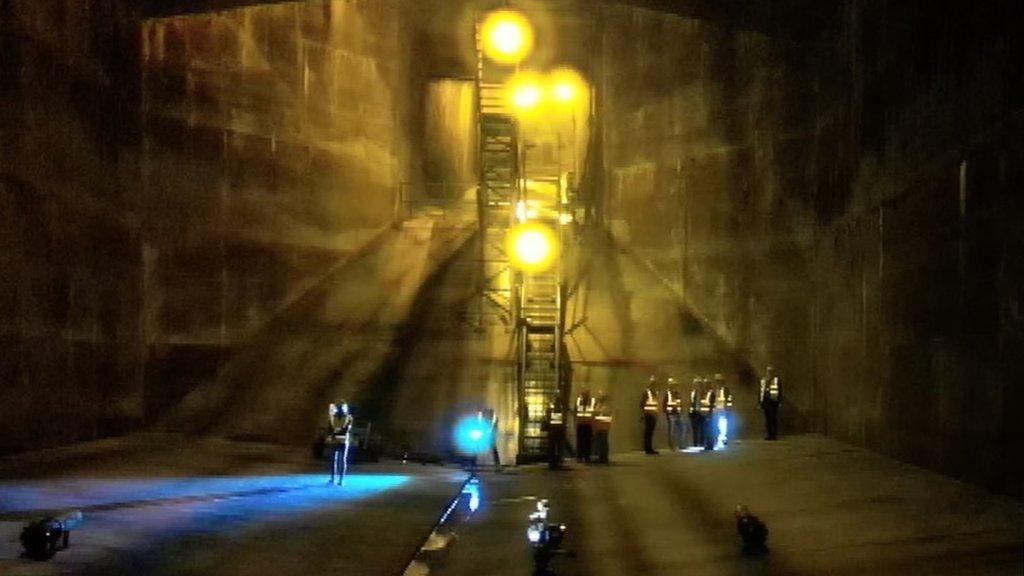
- Published14 March 2023
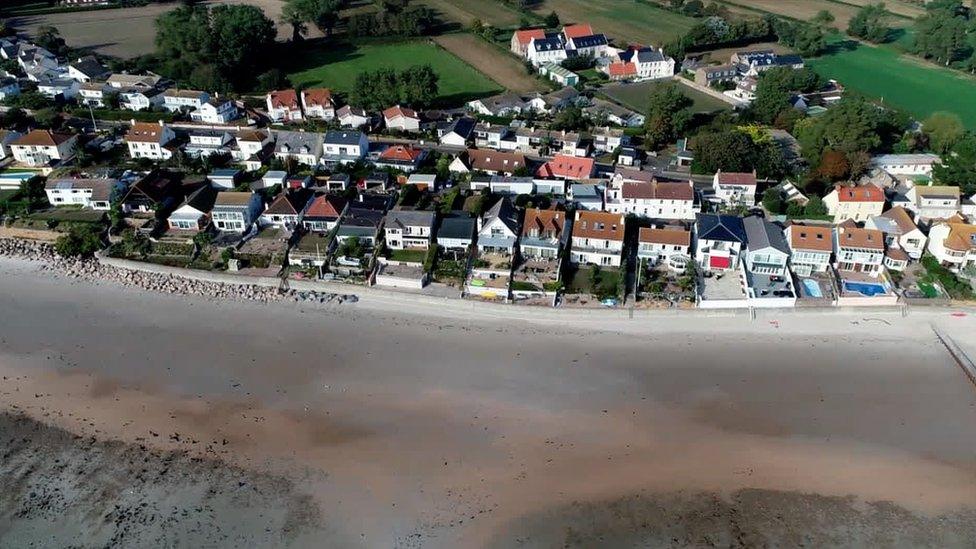
- Published25 November 2024
